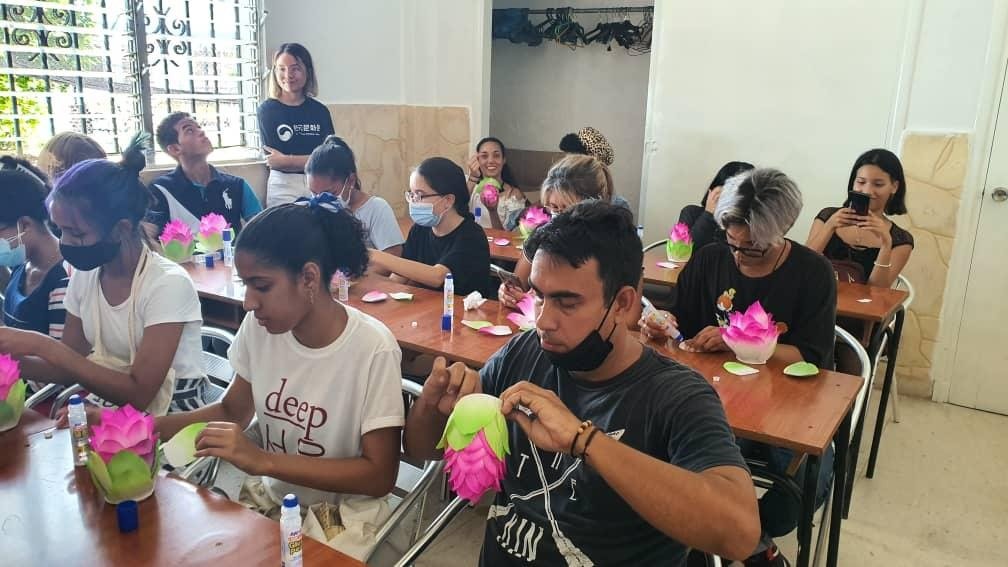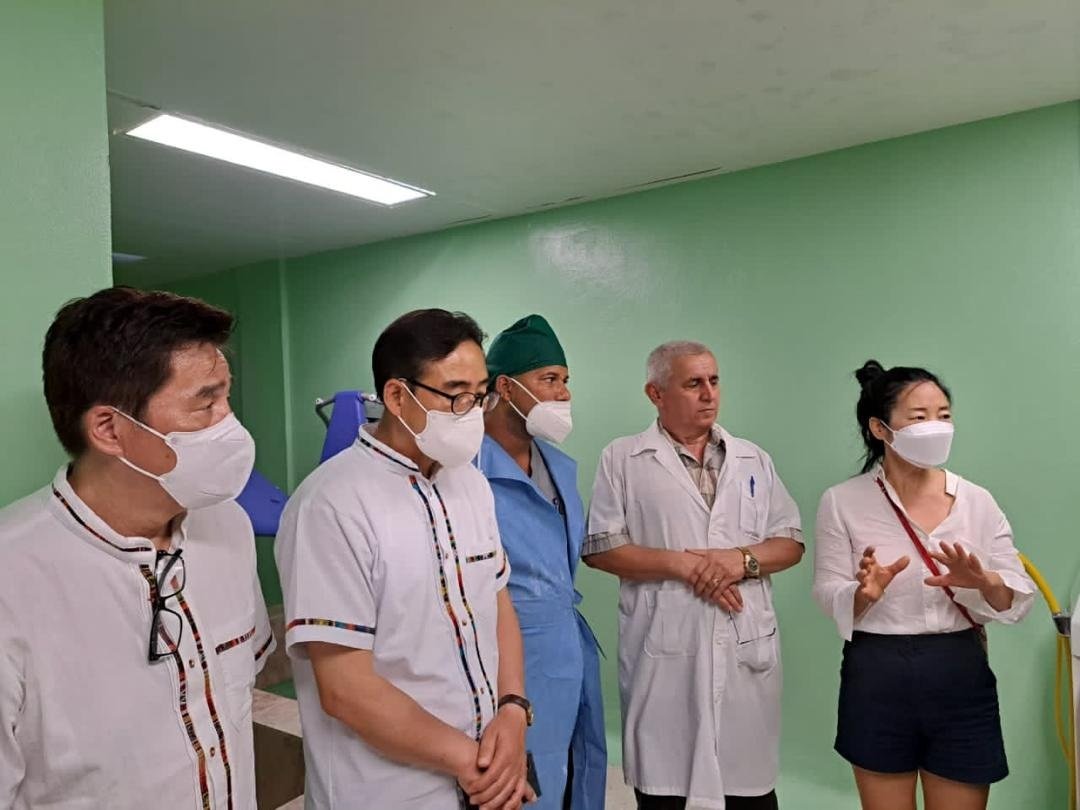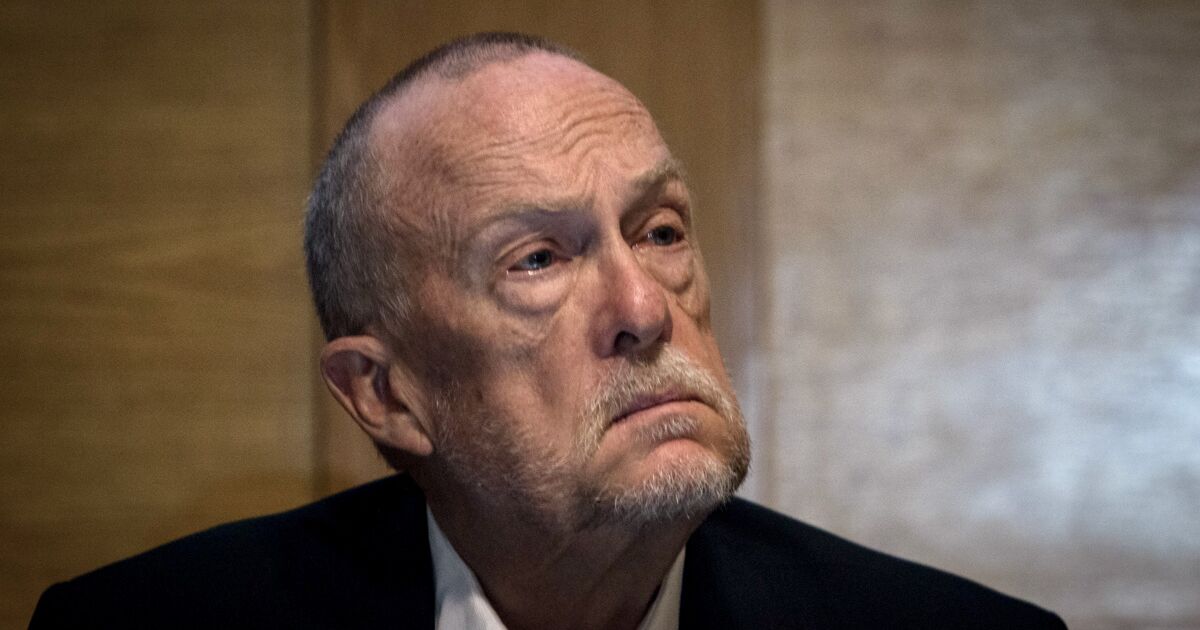An important delegation from South Korea visited Cuba with the aim of strengthening ties between his country and the Island.
The delegation was made up of officials and professionals from various disciplines, who came to Havana to commemorate, with an extensive program of activities, the 77th Anniversary of the National Liberation of Korea and the centenary of the arrival of the first Koreans in the Caribbean country.
The program began with the inauguration of the First Festival of Korean Culture in Cuba, in which various activities carried out by Korean teachers and artists were carried out for several days. It had a great popular call and during its sessions workshops, practical classes and demonstrations of K-Beauty, Idol makeup and personalized color analysis were given.
Arirang classes, folk singing, traditional art of Hangeul in hanji and lotus flower, demonstrations and classes of Typical Gastronomy “Delights of Korea”, Modern Calligraphy with Hangeul, HanBok Tests or traditional costumes, among other actions were also part of the event. , which was coordinated by the Embassy of South Korea in Mexico and the Advisory Council for National Democratic and Pacific Unification in Central America and the Caribbean.
One of the most interesting moments of these days was the projection of the film Jerome and the talk with its director, Joseph Juhn, at the Acapulco Cinema. It is a documentary about the Korean diaspora in Cuba, based on the story of Jerónimo Lim, a Korean, a classmate of Fidel Castro, who fought for the Cuban Revolution. In addition, he worked in the Cuban intelligence services and dedicated a large part of his life to building the Korean community on the island.
On the last day of the festival, the Korean Cultural Center and Korean Language School were officially inaugurated in the Havana municipality of Playa. Said center has been expanded and transferred from the Club Martiano Amistad Cuba-Korea, which was inaugurated in 2014.
The institution aspires to make Korean culture more widely known among Cubans through various programs, as the popularity of Korean culture has grown in the country, including expressions such as the K -Pop and South Korean soap operas. Likewise, enrollment in the school of that Asian language was open for Korean descendants and Cubans who want to learn it.
The South Korean ambassador to Mexico, Mr. Suh Jeong-in, expressed during the opening ceremony that “it is expected that the descendants of Koreans and young people around the world who have a love for Korean culture will increase even more, thanks to its great popularity” and expressed his “hope that the Korean Cultural Center and the Korean language school in Cuba will be a symbol of friendship between both countries.”
Once his speech was over, the diplomat, who attends the island as part of his mission because there is no South Korean embassy on the island, agreed to speak exclusively with OnCuba.
“Recently I had the opportunity to read the report published by you on the relations between the two countries in which you state that there is no reason for Cuba and South Korea not to have diplomatic relations. In 2015, diplomatic ties with the United States were restored; however, not yet with us it has not happened despite having cultural, economic and cooperative relations”, he commented.
The ambassador cited the article, which states that “during the period between 2005 and 2020, Cuba and South Korea carried out a total commercial exchange worth 2,270 million pesos (annual average close to 142 million), while with North Korea the exchange barely reached a figure slightly above 110 million (annual average close to 7 million).”
In addition, he recalled that the text, published by our media, cites that in July 2008 in a publication entitled “The Two Koreas (Part II)”, the late leader Fidel Castro stated that “with the South we progressively develop our ties; with the North have always existed and we will continue to strengthen them”. This phrase, Mr. Suh Jeong-in considered, “denotes progress in our relations that we aspire to continue to strengthen because we do not know why we still cannot have this relationship.”
Cuba and South Korea: reasons for the diplomatic relationship
How do you assess relations between the two countries today?
“It has been 14 years since Commander Fidel Castro spoke about it. Today the situation is even more favorable between both nations. We have more than 4,500 official members of ArtKor, an association for those who love Korean culture, and Cuban civil society is very interested in our culture, one more reason why I think we should strengthen government ties so that relations are increasingly active”.
“As you may know, Korea also had a difficult situation in the 1960s and 1970s and we were supported by the international community. As a country we think that it is time for us to return that aid to the world, to repay the solidarity provided with our support. In this context, our government has decided to support the fire in Matanzas with an economic aid of 200,000 dollars via UNICEF. Also our Minister of Foreign Affairs, on behalf of our people and government, has sent a letter of condolences for such an unfortunate event.
“Thanks to the World Food Program (WFP), we have recently contributed $300,000 to buy food for the island during the pandemic, and with UNICEF we contributed $275,000 for masks and other supplies last year. This year, by the same means, we are also contributing $100,000 as a contribution to this complex global epidemiological situation. There are many ties that unite us, especially that of cooperation, and we aspire to continue expanding our ties”.

OnCuba He also spoke with Mr. Sancho Chongyul Yi, General Director of KOCIS and Korean Minister of Culture, Sports and Tourism, who was part of the delegation’s board.
How did the idea of this Festival and of opening a Korean Cultural Center in Havana come about?
“From the organization that I represent, we organize and manage 33 Korean Cultural Centers in the world to make our culture known. Cuba, lacking diplomatic relations, is subordinated to that of Mexico. Koreans, except in exceptional cases, do not know much about Cuba and are unaware that it has a very important meaning, since in 1921 more than 300 Koreans arrived on this island from Mexico. Korean blood runs through the veins of this nation and there are many descendants. Korean food is still consumed by our descendants here in Cuba. Culinary knowledge was passed from generation to generation. Food is the most important thing, it seems; they forget the knowledge, the language, the art, but never the cuisine”.
“This time everything arises because of the fans of Korean culture in Cuba, who deserved a center and a festival. It is no secret that K-Pop has reached a great boom on a global scale, both for Koreans who enjoy the genre and for international fans, since the impact it has caused in Western culture is unprecedented, and Cuba does not is exempt from this. The positive influence of the K-Pop culture in Cuba is evident and there are already around 5,000 members of various ages in the Korean Culture Fan Club, who will participate in the activities that will be organized in the newly opened Cultural Center. Our intention is to get closer to the country and we aspire to have a great participation in the next International Book Fair in Havana”.
The day after the opening of the Cultural Center, the delegation left for the province of Matanzas, where they visited the Comandante Faustino Pérez Hernández Provincial Hospital, a site that treated the largest number of injured people from the unfortunate fire in the industrial zone of the city. There, the South Korean delegation met with professionals from the hospital center and offered signs of their solidarity and support.
Although both nations do not currently have diplomatic relations, there are many ties that unite them, and there is an interest in strengthening cultural, economic and cooperation ties, as this visit demonstrated.






